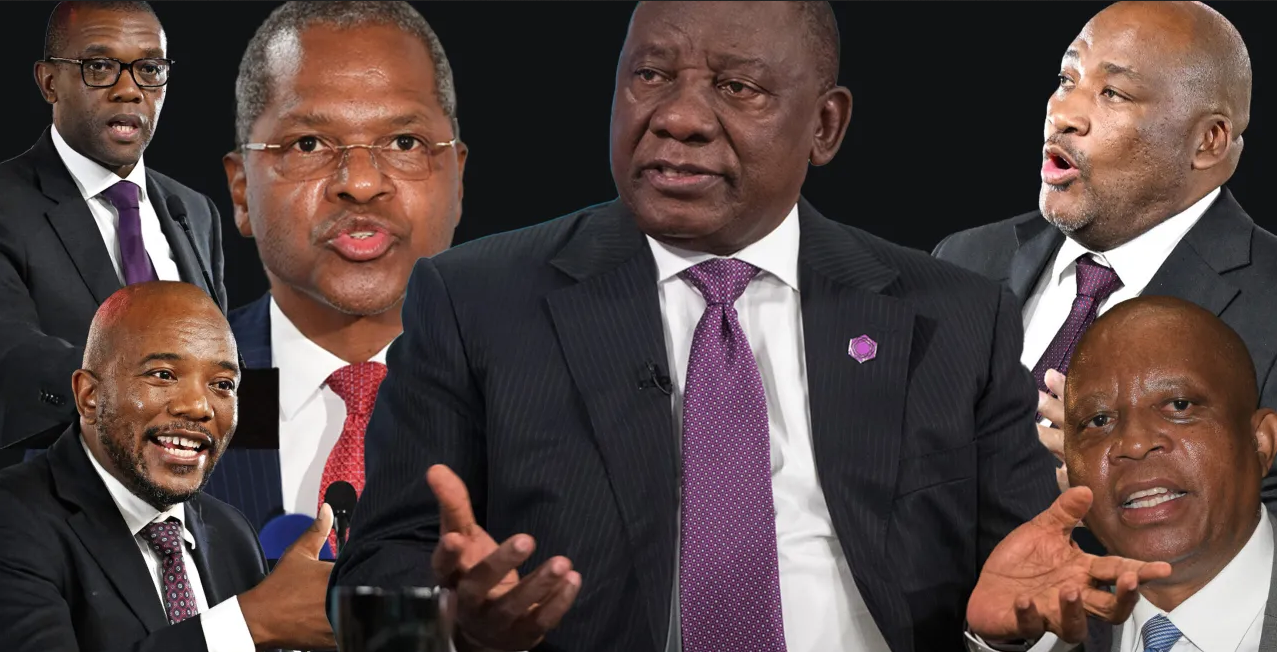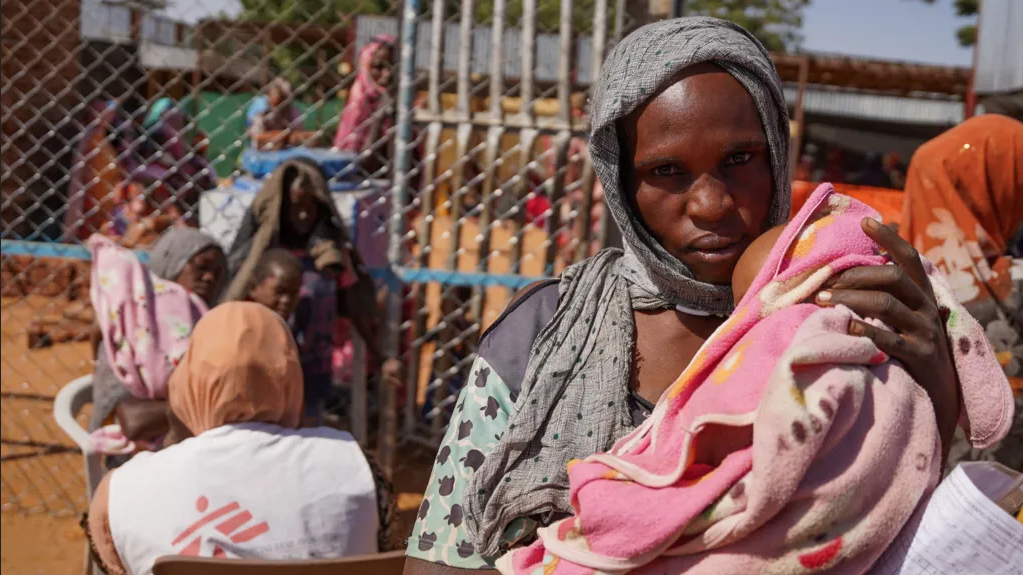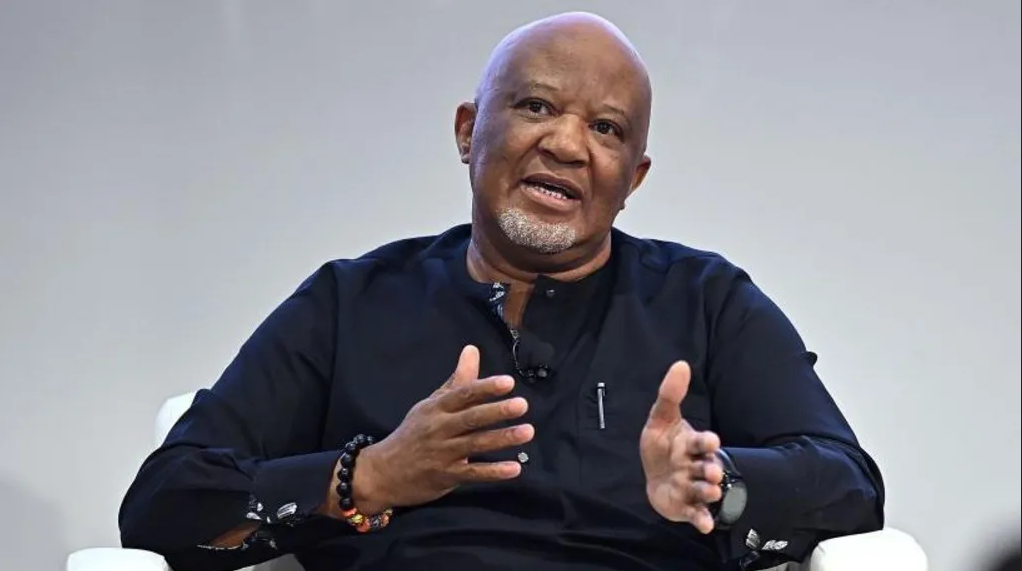African leaders and global policymakers recently gathered in Kenya for the inaugural Africa Climate Summit to discuss the challenges of funding climate solutions.
The summit showed that private sector investments, in particular, could go a long way toward accelerating the continent’s energy transition.
Efforts are already underway to attract more foreign capital, especially from the United States.
When United States (US) vice president Kamala Harris visited Ghana, Tanzania, and Zambia earlier this year, she announced nearly 30 private sector and philanthropic commitments to support climate resilience, adaptation, and mitigation across Africa.
But the continent’s needs remain far from being met.
An estimated US$700 billion will be required to develop green energy in Africa, and yet it received only 2% of the US$2,8 trillion invested globally in renewables between 2000 and 2020.
PERCEPTIONS
The main barrier to increasing green financing is risk perception: Many private sector actors are concerned about Africa’s investment climate.
It is no secret that many African countries are contending with inadequate infrastructure and bureaucratic red tape, both of which could deter foreign investors.
But these countries are also working to remove such obstacles. Kenya, for example, is pursuing structural reforms to enhance private financing mechanisms.
Moreover, the economic mismanagement and internal strife that have come to characterise some African countries are not representative of the entire continent.
Africa is open for business.
Countries such as Morocco and Kenya, in their efforts to spur the green transition and drive sustainable development, have introduced financial incentives, including tax breaks, and implemented policy reforms to attract and mitigate risk for private investors.
ON COURSE
Perhaps more importantly, Africa’s energy sector has already put itself on the path toward a carbon-free future, rather than waiting on foreign capital.
Kenya is one of the top global producers of geothermal energy, and Morocco is home to the world’s largest concentrated solar power plant.
Next year, Egypt is set to build a wind farm that could generate enough electricity to meet domestic needs and export to Europe and Saudi Arabia.
Alongside large-scale projects, numerous privately funded micro-grids are supplying much-needed power to hospitals and even entire villages.
Many of these renewable projects have been funded by both the public and private sectors, although investment from the former tends to be higher.
Africa’s success in creating clean energy markets, despite relatively low levels of foreign private investment, is a testament to local officials’ dedication to building a more sustainable future.
With an abundance of solar, wind, geothermal, and hydro energy resources, Africa has immense investment potential and can offer reliable returns to private investors.
And many African countries are eager to create the conditions that will allow investors to tap into their clean-energy markets.
For example, in Namibia, which averages 300 days of sunshine a year, the state-owned power utility attracted foreign capital by authorising independent power projects and holding solar-energy auctions at competitive rates.
BENEFITS
Scaling up clean energy investments in African countries will bring additional benefits, including more sustainable economies and faster progress toward development goals.
The biggest benefit, though, is that clean energy addresses the root cause of climate change: burning fossil fuels.
Africa bears the brunt of the crisis despite accounting for the smallest share of global greenhouse-gas emissions.
As a result, by 2050, global warming could cost the continent US$50 billion annually.
It would be wiser to invest in renewables today, rather than pouring billions into adaptation down the line.
Until private investors recognise Africa’s abundant renewable-energy potential, funding will continue to pour into oil and gas.
Expensive fossil fuel assets would serve only to increase African economies’ dependency on volatile energy prices and imports and accelerate global warming.
OPTIONS
There is another option: Over the past decade, African countries have created sustainable and efficient clean-energy markets that protect investors and drive development on the continent’s terms.
Private investors in the US and elsewhere should take advantage of this momentum to capitalise on the growth potential of renewables, expedite the green transition, and create a healthier future for all.
- Senyo Ador is the co-founder and CEO of Sesenergi Eco Solution Enterprises, an Illinois-based clean-energy company; Wangari Muchiri is the director of Africa WindPower at the Global Wind Energy Council.
– Copyright: Project Syndicate, 2023; www.project-syndicate.org
Stay informed with The Namibian – your source for credible journalism. Get in-depth reporting and opinions for
only N$85 a month. Invest in journalism, invest in democracy –
Subscribe Now!










